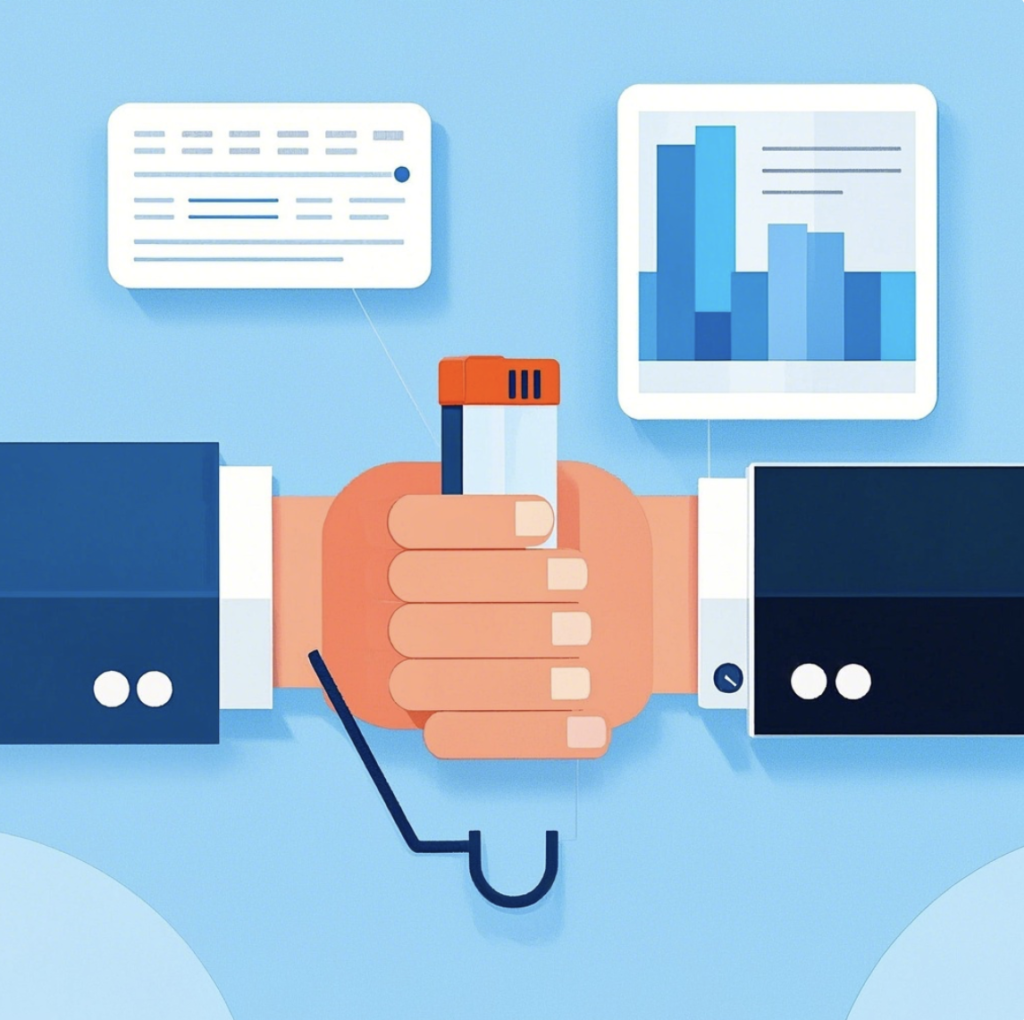As small business owners, are you puzzled by overload staffing? high costs? overwhelming work? limited resources? It’s time for you to target at customer service outsourcing. Small business customer service outsourcing are an effective way to optimize your company structure to save costs on core business and boost the transformation of your company.

What is Small Business Customer Service Outsourcing?
Small Business Customer Service Outsourcing refers to the practice of hiring external companies or agencies to manage and handle customer service operations on behalf of a small business. Instead of maintaining an in-house customer service team, small businesses tasks such as answering phone calls, responding to emails, managing social media interactions, and providing technical support to third-party providers.
This allows small businesses to get an access to professional customer service teams without spending much on hiring, training, and equipping an internal team. Outsourcing partners typically boost infrastructure facilities, technical answering scripts, and experts to deliver high-quality customer support efficiently.
Benefits of Small Business Customer Service Outsourcing
In today’s hyper-connected market, consumers demand real-time, high-quality support through seamless multi-channel interactions. By outsourcing customer service operations, businesses can strategically reallocate internal resources to core operational priorities while simultaneously elevating service standards – a dual advantage that drives organizational efficiency and enhances brand competitiveness.
- Cost: Outsourcing customer service for small businesses cuts costs by eliminating the need for in-house customer care staff.
- Multilingual Support: It’s challenging for small businesses to provide bilingual customer service internally. Outsourcing customer service, though, enables them to partner with providers offering multilingual support to a broad customer base.
- Technology:Use AI chatbots, CRM systems, or analytics without investing in costly software licenses.
- Increased Customer Satisfaction: Contact centers equip their agents with the skills to address customer complaints, inquiries, and issues diplomatically and effectively. Outsourcing customer service ensures round-the-clock support, quick response times, and higher retention rates.
Disadvantages of Small Business Customer Service Outsourcing
Businesses’ apprehensions about outsourcing customer service are quite reasonable. A common worry is whether contact centers possess sufficient business knowledge to guarantee customer satisfaction. Additionally, concerns about security and privacy often come to people’s mind when considering outsourcing. Small businesses are indeed prudent to take these risks into account.

This is precisely why partnering with a reliable and accredited call center, such as 3WIN, is of utmost importance. 3WIN’s customer care specialists undergo a thorough process and are given specialized training tailored to meet the requirements of your business. As a result, each customer receives a level of professionalism and expertise equivalent to what they would expect from an in-house employee. This way, businesses can assure that their customer service needs are in capable hands, alleviating the concerns associated with outsourcing.
Costs of Small Business Customer Service Outsourcing
There’s no one-size-fits-all answer to the cost question. The price tag of outsourcing customer service depends on several key factors:
Geographical location significantly impacts labor costs.
- Nearshore (e.g., Latin America): Offers a good balance between cost savings and cultural/time zone proximity to the US.
- Offshore (e.g., Philippines, India): Typically the most cost-effective option, but requires careful consideration of communication and management.
- Onshore (within your own country): Usually the most expensive, but offers the benefits of shared language, culture, and time zones.
Pricing Model
Outsourcing providers offer various pricing models with advantages and disadvantages:
- Hourly Rate: You pay for the actual hours worked by agents. This offers flexibility but can be less predictable. Expect rates to vary widely based on location, ranging from $6-$9 per hour in some offshore locations to significantly higher rates onshore.
- Fixed Monthly Fee (Dedicated Team): You pay a fixed monthly fee for a dedicated team of agents. This provides budget plans and can be cost-effective for various and complicated needs.
- Per-Transaction/Per-Interaction: Paying for each customer interaction can be a good option for businesses with fluctuating volumes. Small businesses can find monthly subscription plans that include up to 500 monthly interactions.
- Performance-Based Pricing: A portion of the cost is tied to achieving targeted performances. This aligns the provider’s incentives with your business goals.
Best Practices of Small Business Customer Service Outsourcing
Clear Goals and Objectives
Before you start looking for a provider, you have to know what you want to achieve. Are you looking to reduce response times? Improve customer satisfaction (CSAT) scores? Increase sales conversions through support interactions? Defining specific, measurable, achievable, relevant, and time-bound (SMART) goals is crucial. For example, you can aim to reduce average response time under 2 minutes within the first 3 months of outsourcing.
Choose the Right Outsourcing Partner
This is the most critical step. Don’t just go for the cheapest option. Look for a partner with:
- Experience: A provider familiar with your industry’s nuances will understand your customers’ needs better.
- Case Cases: Ask for case studies, testimonials, and references. Check their online reviews and reputation.
- Technology and Security: The provider should use up-to-date technology and have robust security measures to protect your customer data. This includes compliance with relevant regulations like GDPR or CCPA.
Invest in Thorough Training and Onboarding
Don’t assume the outsourcing team will automatically know everything about your business.
- Detailed product/service information
- Access to your knowledge base and FAQs
- Brand guidelines and tone of voice documentation
- Role-playing scenarios to practice handling common customer inquiries
- Ongoing training to keep them updated on new products, services, or policies

Prioritize Data Security and Compliance
Protecting customer data is paramount. Ensure your outsourcing partner complies with all relevant data privacy regulations (e.g., GDPR, CCPA). Discuss data security protocols and ensure they have robust measures in place to prevent breaches.



